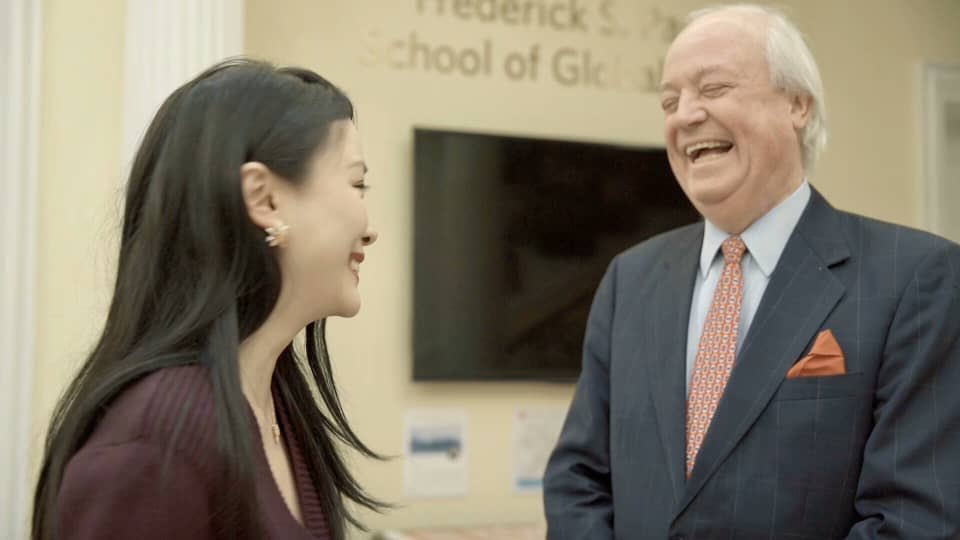Heine Publishes Article on the Indo-Pacific and Active Non-Alignment for Latin America

Ambassador Jorge Heine, Research Professor at the Frederick S. Pardee School of Global Studies at Boston University, published an article in Buenos Aires-based academic journal Pensamiento Propio on the current rebranding of the Asia-Pacific region as Indo-Pacific, the origins and purposes of this exercise, and the implications it has for Latin America.
In his article, titled “Entre el Asia y el Indo-Pacífico: sobre mapas, imaginarios y vocaciones de política exterior (Between Asia and Indo-Pacific: on maps, imaginaries and vocations of foreign policy),” Heine discusses the strategic and diplomatic ramifications of AUKUS, the destabilizing nature the nuclear submarines in this security pact have on the region, as well as how the agreement shifts the balance of power on the world stage. In light of new regional security agreements and continuously mounting tensions between the United States and China, Heine speculates that the world is heading towards a second Cold War, which Latin America may find itself in the middle of. In discussing a path forward for the region, he argues for a strategy of “active non-alignment” – a concept explored in his latest book El No Alineamiento Activo y América Latina: una doctrina para el nuevo siglo (Active Non-Alignment and Latin America: A Doctrine for the New Century) – which would allow Latin American countries to focus internally without being swept up in confrontations between the U.S. and China.
The full article can be read online.
Ambassador Jorge Heine is a Research Professor at the Pardee School of Global Studies at Boston University. He has served as ambassador of Chile to China (2014-2017), to India (2003-2007), and to South Africa (1994-1999), and as a Cabinet Minister in the Chilean Government. Read more about Ambassador Heine on his Pardee School faculty profile.